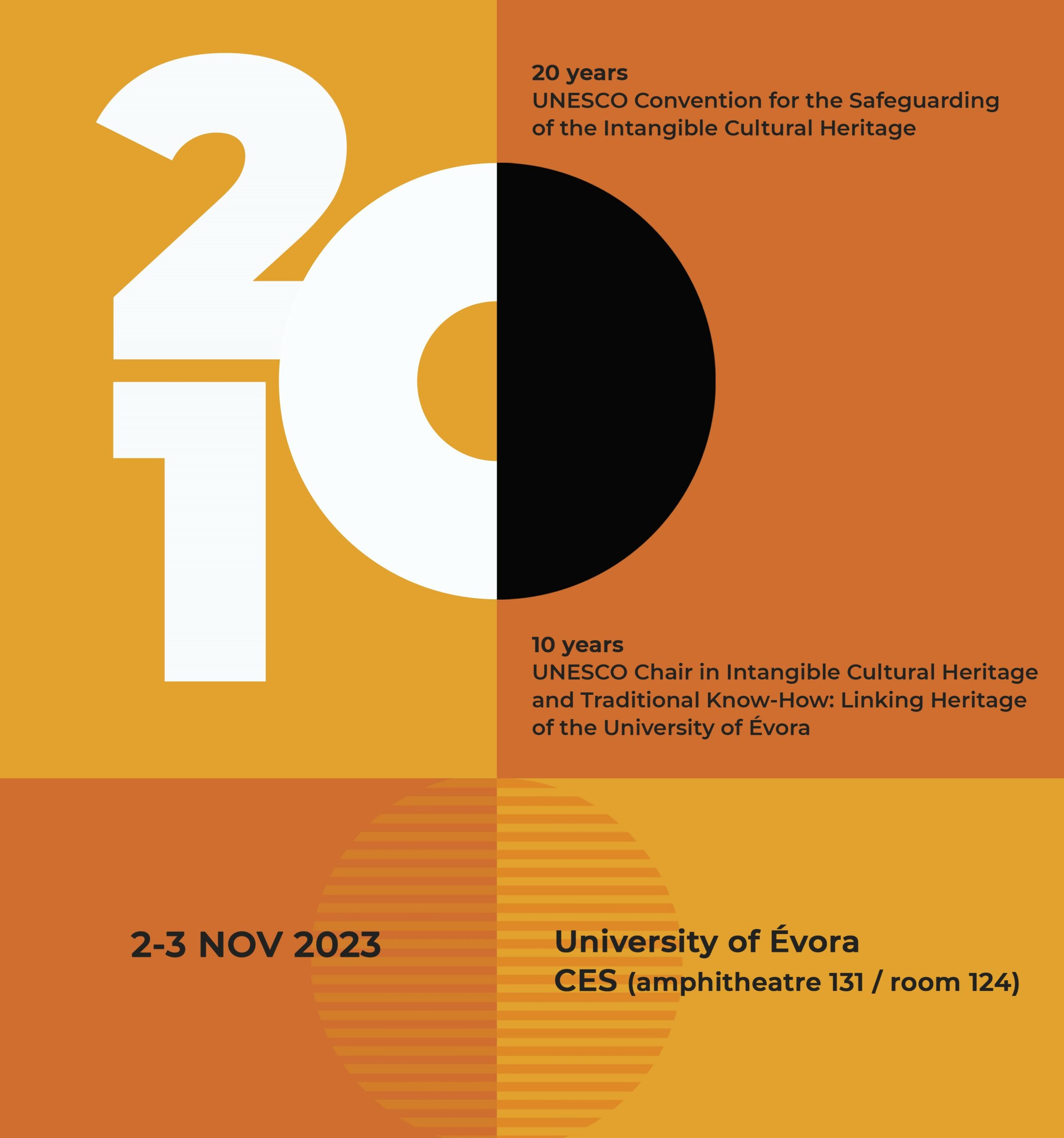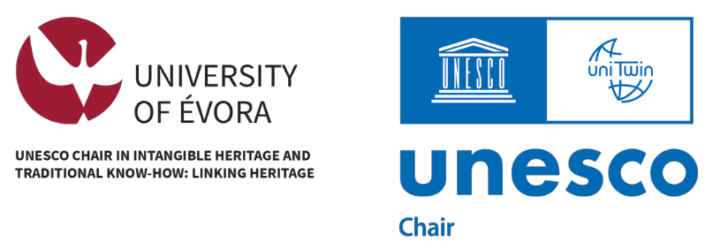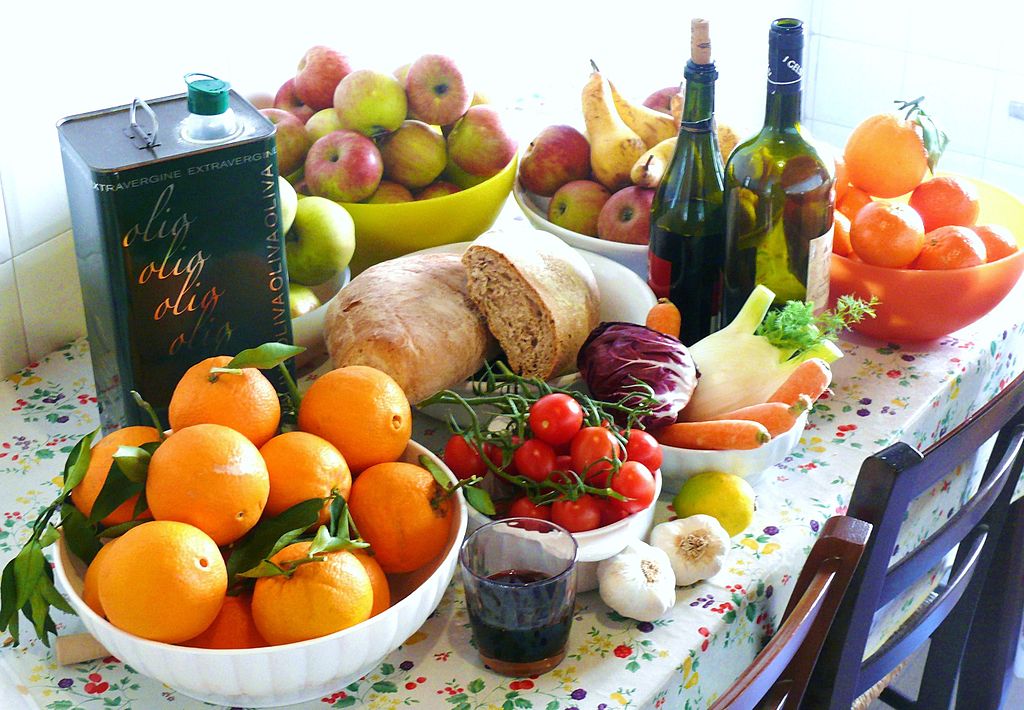Historiens, sociologues, ethnologues, anthropologues, linguistes, philologues, archivistes, géographes, botanistes, pharmaciens et chercheurs des autres domaines scientifiques sont invités à présenter une proposition de communication aux Colloque International “Les Africains et les Européens en Sénégambie meridionale: interactions et transversalités.
Ce colloque, en hommage à l’historien Jean Boulègue, vise à donner suite aux travaux commencés en 2016 dans le Premier Colloque International sur la Présence Portugaise à Ziguinchor: Histoire, Patrimoine Matériel et Immatériel et, à ce titre, sera présenté comme un espace de débat multi et interdisciplinaire qui vise à revisiter l’histoire, l’héritage culturel portugais et les dynamiques qui la maintiennent vivante.
Revisitant les études sur les luso-africains, permettra d’aborder des questions historiques et actuelles telles que: quelles interactions culturelles et quels mouvements transversaux se sont opérés au fil du temps? Quel rôle ont joué ces populations dans la vie sociale, économique et politique de la région? De l’époque de la Libération à nos jours, que reste-t-il des Luso-Africains en Sénégambie? Quel héritage ces populations ont laissé dans le paysage culturel, politique, linguistique et culinaire, entre autres, de la région?
Dealine 15 juin 2020 | Plus d’informations ICI





